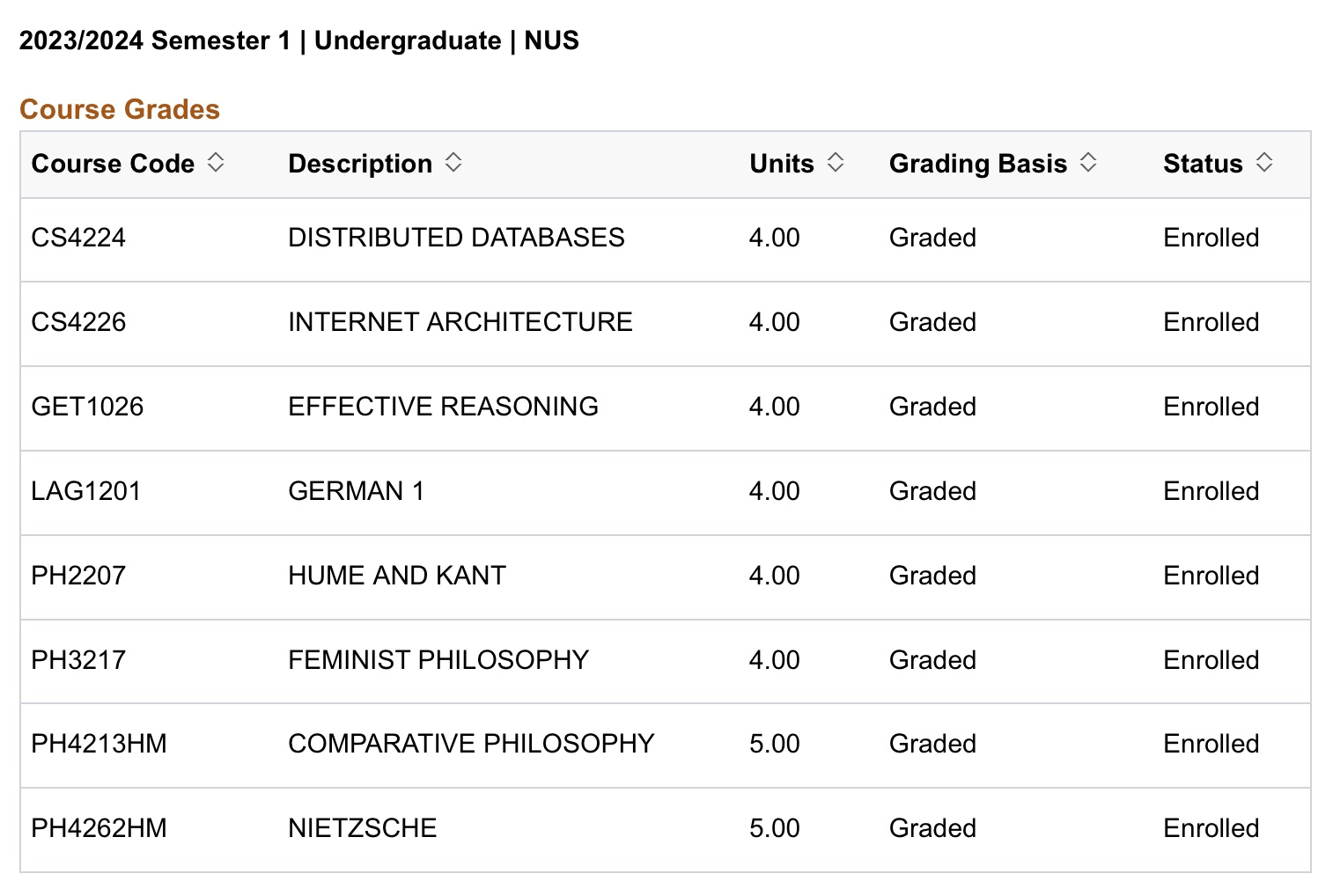F’ed up Gettier problems that do not include feline
23/09/20
I have been out of contact with June Scarlet for over
a year. As this is out of character for June Scarlet, to not contact me for so
long, I come to the belief that June Scarlet is dead, and I am justified in
believing so. Or rather, because I cannot come to terms with this belief of
mine, I shove this belief to the back of my head, instead holding a more
general belief that “one of my friends from JC is dead”. Unbeknownst to me,
June Scarlet has actually migrated to someplace far away, and deleted all her
contacts, in order to run away from the old life she hates, and is not, in
fact, dead. However, also unbeknownst to me, another friend, Mic, has recently
passed away due to a Myocardial Infarction, and I did not receive news of this
because I have fallen out with her. As such, my belief that “one of my JC
friends is dead” is true.
Regarding this statement, “one of my friends from JC is
dead”, I have a Justified True Belief of it.
1.
It is true that one of my JC friends
are dead.
2.
I believe that one of my JC friends
are dead.
3.
I am justified in believing that one
of my JC friends are dead.
And yet, intuitively, I do not have KNOWLEDGE that “one
of my friends from JC is dead”.
Hence, we see that the JTB analysis of knowledge is insufficient
to show that knowledge exists. Which leads to the idea that there should be
something that can augment the JTB analysis to provide knowledge.
One such attempt is the No False Grounds analysis. It
states that the Justified True Belief must not be essentially based on any
false grounds for it to be deemed as knowledge. In the example above, my belief
that June Scarlet is dead provides the grounds for my belief that “one of my
friends from JC is dead”. Since it is false, the NFG analysis would say that I
do not have knowledge.
Another attempt is Goldman’s Causal Theory of Knowing, which states that a Justified True Belief only constitutes knowledge if my belief that P is caused by P being true. Again, in the example above, we see that this condition is not fulfilled. The statement that “one of my friends from JC is dead” is true, because Mic is dead, and Mic was a friend from JC. However, Mic being dead, did not cause my belief that “one of my friends from JC is dead”. In fact, when forming this belief, not once did I think of Mic. As such, Goldman too, would say that I do not have knowledge.
There is yet another theory which I find compelling. Though
I came up with it independently, it appears that it has already been coined the
Tracking Theory, by Nozick. To determine whether a subject, S, has knowledge of
a proposition, P, we should examine whether S would believe P, if P were not
the case.
Here is a less personal example. Mic met with an
accident on Brown Street. A Drunk Reporter, Frank, shows up to his office
drunk, as always, and receives a tip off that Mic was in an accident on Brown
Street. Drunk Reporter Frank writes an article about this accident, and in his
drunken carelessness, reports instead, that “Mic was not in an accident
on Brown Street” (emphasis mine). The chief editor does not catch Frank’s
mistake, and this version of the story goes to print. The next morning, I am
reading the news and I see the headline that “Mic was not in an accident
on Brown Street”. However, as I had yet to have my cup of coffee, I mistakenly
read this as “Mic was in an accident on Brown Street”. And I come to
form the belief that Mic was in an accident on brown street.
It is mere Epistemic Luck that Drunk Reporter Frank
mis-reports the accident, and that I too, mistakenly read it as it was intended,
rather than as it is. And if I were, however, less dependent on coffee in the
morning, and had read that “Mic was not in an accident on Brown Street”,
though I may have found the headline weird, I would not have doubted otherwise.
Because Mic’s accident does not have a direct path in causing my believe that
she was in an accident, ostensibly, I do not have knowledge of her accident. However,
upon deeper examination, we can notice that, if Mic did not have an
accident, I would not have come to believe that Mic was in an accident. It is
only because Mic was in an accident, that I have the belief that
she was in an accident, regardless of the fact that there were many mistakes
made alone the chain of causation of this belief. Thus, by the Tracking Theory,
I do indeed have knowledge of Mic’s accident, which may or may not be
intuitive.
Thus, to conclude, the idea that one has knowledge of P if and only if one has a justified true belief of P, is wrong. Having a JTB is not a sufficient condition for knowledge. Peace.

Comments
Post a Comment